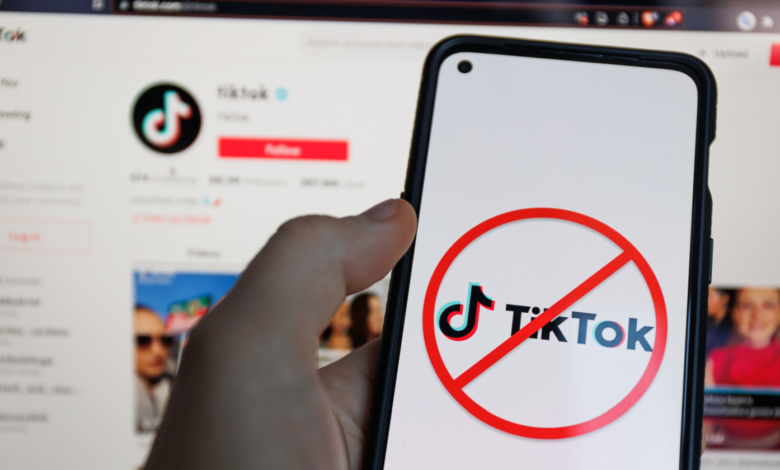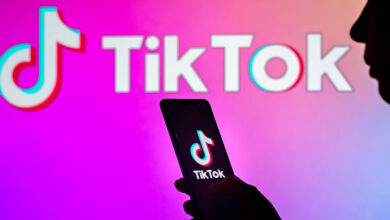TikTok’s US Future Uncertain: CEO Faces Congress

During a five-hour congressional hearing, TikTok CEO Shou Zi Chew faced intense scrutiny from US lawmakers over the social media platform’s connections to its Chinese parent company, ByteDance.
Lawmakers on both sides have demanded clear answers about whether TikTok is spying on Americans for China.
The US government has been pushing for TikTok to be stripped and has even threatened to ban the app in the US.
Chew has found himself in a difficult position, trying to portray TikTok as an independent company unaffected by China.
However, lawmakers remained skeptical, citing China’s opposition to the sale of TikTok as evidence of the country’s influence over the company.
The hearing featured a rare show of bipartisan unity, with a harsher tone than in previous congressional hearings involving US executives on social media.
The future of TikTok is in the US
With the US and China at loggerheads over the sale of TikTok, the app faces two possible outcomes in the US.
Either ban TikTok, or reconsider negotiations for a technical fix for data security concerns.
Lindsay Gorman, head of technology and geopolitics at the German Marshall Fund, said, “The future of TikTok in the US is certainly bleaker and more uncertain today than it was yesterday.”
TikTok has proposed measures to protect US user data, but no security agreement has been reached.
Addressing concerns about societal impact
Lawmakers at the hearing raised concerns about TikTok’s impact on young Americans, accusing the platform of violating privacy and harming mental health.
According to the Pew Research Center67% of American teens use the app.
Critics argue that the app is addictive and that its algorithm can put teens into dangerous or fatal situations.
Chiu pointed to new screen time limits and content guidelines to address those concerns, but lawmakers remained unconvinced.
In summary
The House Energy and Commerce Committee hearing on TikTok addressed concerns common to all social media platforms, such as spreading harmful content and collecting massive user data.
Most panelists criticized TikTok, but several avoided the typical notoriety seen in high-profile hearings.
The session aims to make a case for regulating social media and protecting children rather than focusing on the national security threat posed by the app’s association with China.
If anything comes out of this hearing, it may be related to those regulations.
The congressional hearing also allowed Americans to be convinced that TikTok is a national security threat that warrants a ban.
This concern arises from the possibility of the Chinese government accessing the data of the 150 million American TikTok users or manipulating the recommendation algorithms to spread propaganda or disinformation.
However, limited public evidence supports these claims, which makes banning the app seem extreme and likely unnecessary.
As events progress, staying informed is crucial as the outcome may affect the digital marketing landscape.
Featured image: Rokas Tenys/Shutterstock
The full replay of the congressional hearing is available at Youtube.




